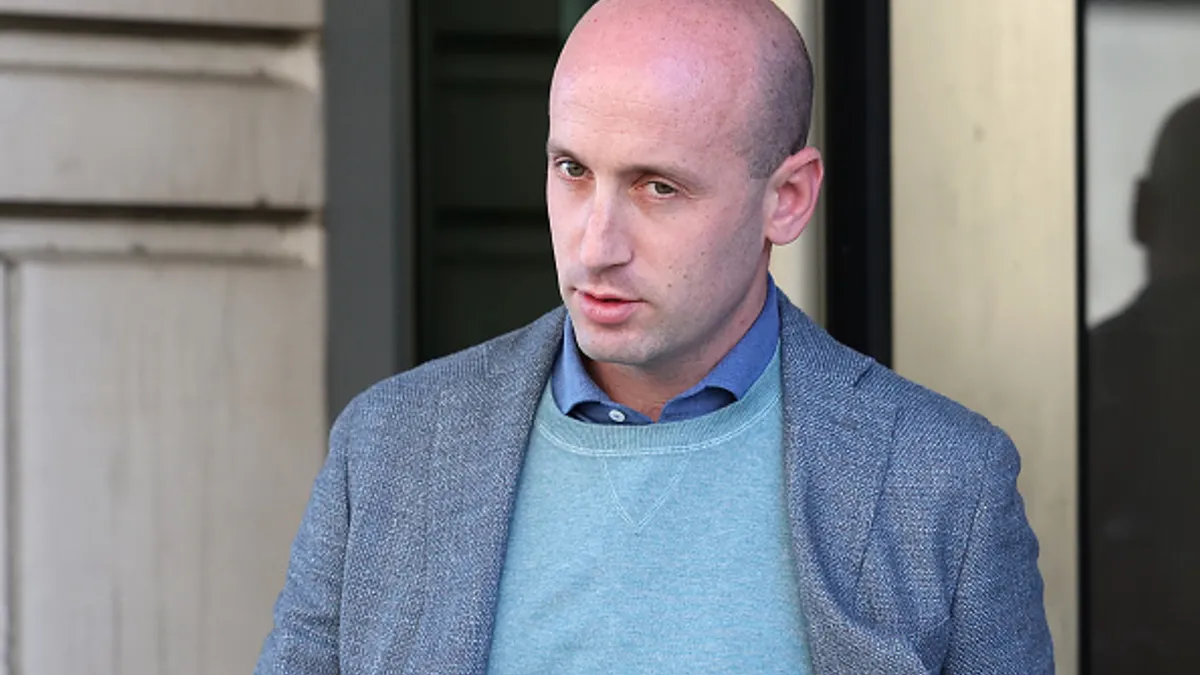The Supreme Court’s 2023 ruling in Students for Fair Admission v. Harvard to strike down race-based admissions programs in higher education is leading to more reverse discrimination challenges in the workplace, employment law specialists say.
It’s a trend that’s almost certain to expand when the second Trump administration takes office, they said in a Latham & Watkins Nov. 21 webcast.
Longtime Trump adviser and the president-elect’s choice for deputy chief of staff in his next administration, Stephen Miller, took the position following the Supreme Court’s decision that all DEI programs are illegal.
He’s been backing that position through his activist foundation, America First Legal, which has filed dozens of lawsuits since the decision.
Among the cases his organization has backed is one by a white employee of Red Hat, the software company, who says he was discriminated against and fired for his opposition to the company’s diversity hiring goals.
At the Justice Department, the civil rights division under the new administration is expected to target many corporate DEI initiatives as guilty of illegal discrimination.
“Look for the Department of Justice to really focus on hiring and other diversity programs more broadly,” said Danielle Conley, a partner with Latham & Watkins, during the webcast.
Health care providers and educational institutions could be particularly vulnerable, according to Conley, but she said federal contractors and companies with DEI initiatives also could find themselves in the government’s crosshairs for alleged reverse discrimination.
“Representation goals where a company is aiming for 25% leadership roles for a particular group by 2030, for example, could run afoul of the department,” she said. “Expect more challenges by anti-DEI groups with a stated America-first agenda.”
The Supreme Court is poised to hear an employment law case in early 2025, Ames v. Department of Youth Services, that could open the door to more reverse discrimination claims. The case involves a heterosexual woman who claimed that her gay supervisor denied her a promotion in favor of a less qualified gay woman.










